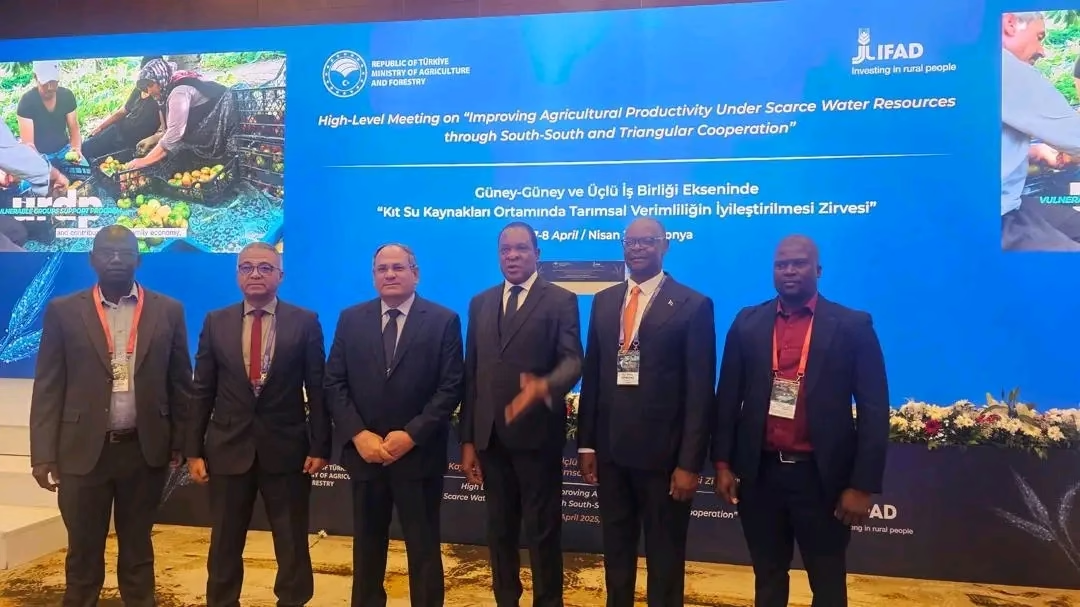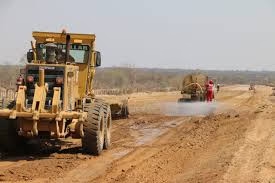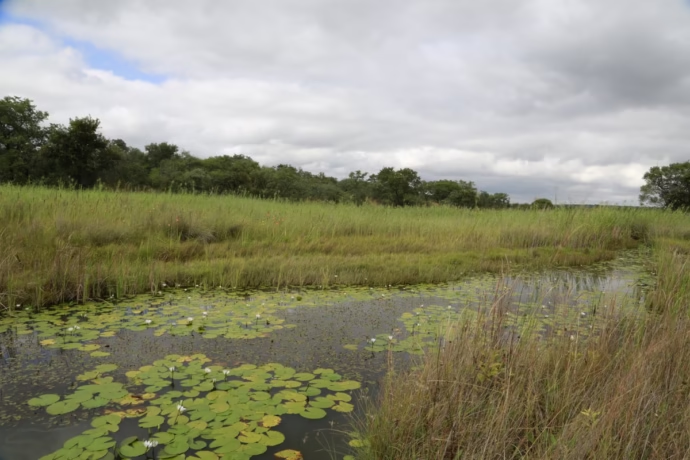
Konya, Turkey – April 2025
As one of Turkey’s largest and most influential agricultural exhibitions, the Konya Fair brings together global agricultural experts, innovators, and businesses to share knowledge, exhibit the latest in field technologies, and discuss the future of farming in a rapidly changing world.
Leading Zimbabwe’s delegation is the Minister of Lands, Agriculture, Water, Fisheries and Rural Development, Dr. Anxious Masuka, who highlighted the centrality of high-tech innovations and sustainable approaches in achieving food security, mitigating climate challenges, and transforming rural livelihoods.
“Climate change, pandemics, macro-economic shocks and conflict are recurring challenges in many regions of the world,” said Dr Masuka. “Climate-smart agriculture, underpinned by novel technologies, has become an imperative, and not an option for farmers across many regions.”
The Minister explained how Zimbabwe is responding to these challenges through President Emmerson Mnangagwa’s bold “Agriculture, Food Systems and Rural Transformation Strategy (AFSRTS): 2020-2025,” which is rooted in resilience-building and climate-proofing agriculture. The AFSRTS aims to increase productivity while enhancing rural development and nutrition security.
A key pillar of Zimbabwe’s strategy is the expansion of irrigated agriculture. “Our target is to expand irrigation from 175,000 hectares in 2020 to 496,000 hectares by 2028,” Dr Masuka said. “To date, 217,000 hectares are under irrigation, reflecting a 24 percent increase. This has been made possible through accelerated irrigation development and extensive dam construction under the ‘dam is an economy’ concept.”
Dr Masuka also noted Zimbabwe’s progress in mechanisation, citing a 90 percent increase in the national tractor fleet over the past five years through government-enabled financing. Minimum tillage practices are being promoted to conserve water, while both large and smallholder farmers are being empowered with modern tools to enhance productivity.
“Zimbabwe is building a solid agricultural base to accelerate rural industrialisation and development. Our model integrates heritage-based talent and resource-based strategies to achieve food self-sufficiency and drive inclusive growth,” he added.
Held in Konya, known as the agricultural heart of Turkey, the fair runs under the theme “Improving Agricultural Productivity Under Scarce Water Resources Through South-South and Triangular Cooperation.” The platform aligns perfectly with Zimbabwe’s current trajectory, offering an opportunity for collaboration, learning, and engagement with cutting-edge farming innovations from around the world.
With increasing demand for climate-resilient agricultural systems, Zimbabwe’s participation not only demonstrates the country’s readiness to adopt smart farming technologies but also its ambition to become a regional leader in sustainable agriculture and food security.




